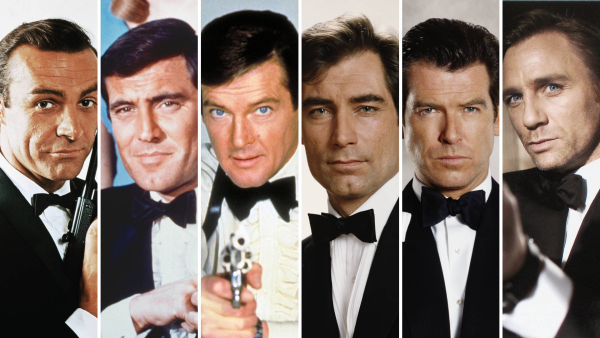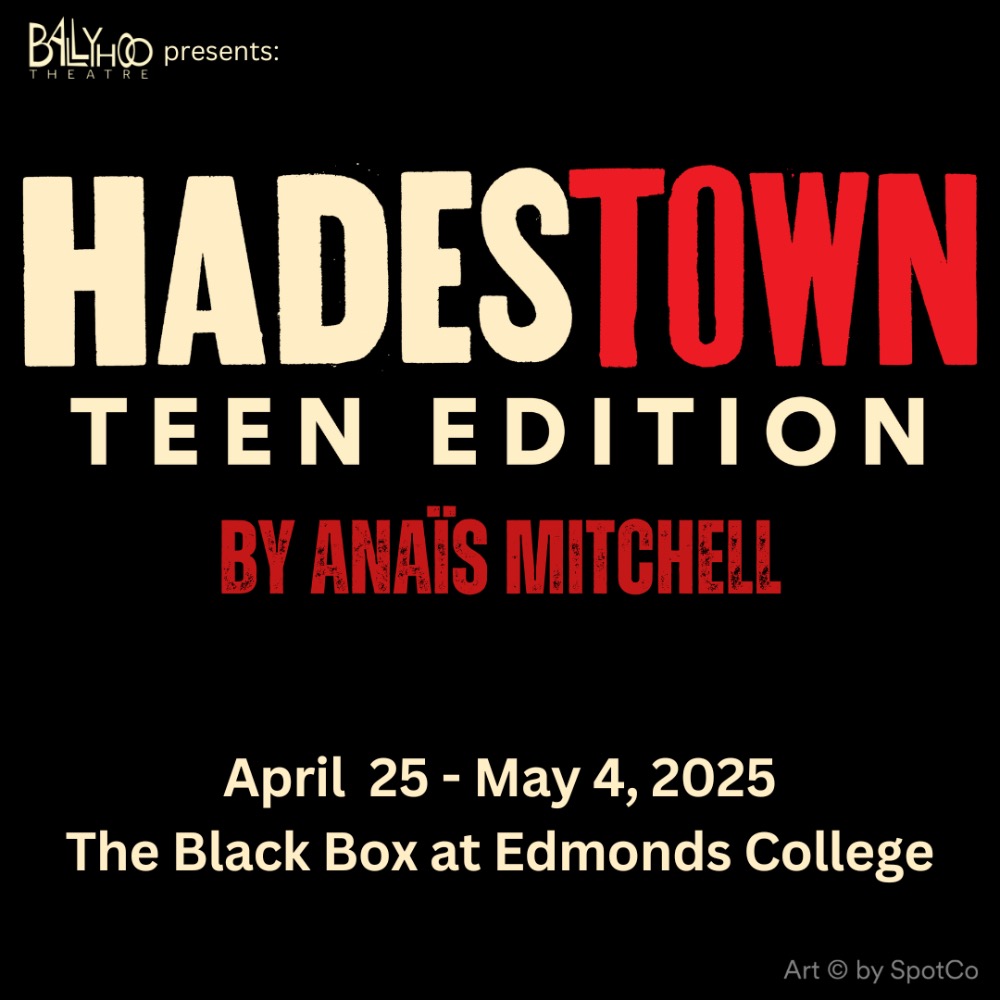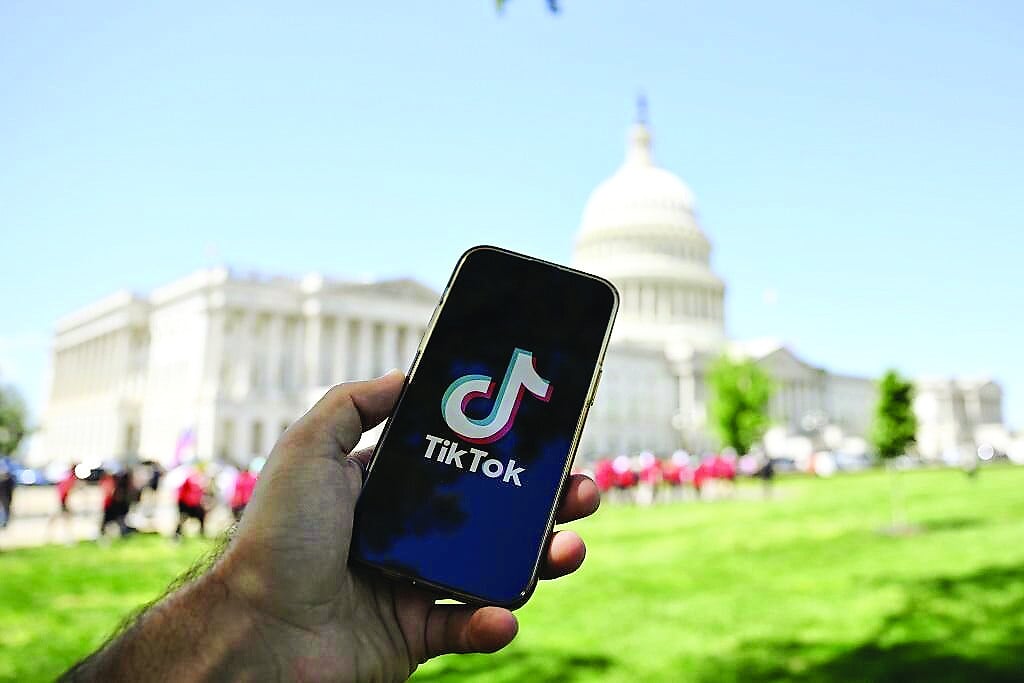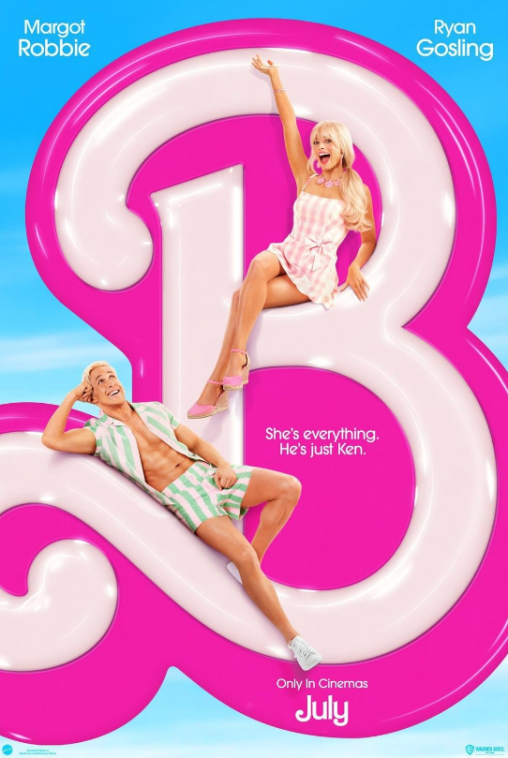James Bond may have encountered his most dangerous foe to date in the form of the

juggernaut business company Amazon.
As fans and film industry analysts point out, the greatest threat to the most popular secret agent in fiction is an excess of Bond.
On Feb. 20, the Jeff Bezos-owned corporation managed to strike a deal with the previous owners of the iconic 007 franchise, Michael G. Wilson and Barbara Broccoli, which has allowed Amazon MGM Studios to possess complete creative control of the intellectual property.
In response to this unexpected development, various moviegoers and film enthusiasts alike are speculating the future direction of the series, with many voicing concerns that Amazon will ruin the 63-year legacy of the super spy and his escapades.
Although it is unclear whether the next installments of the James Bond saga will tarnish the cultural icon in the near future, this turn of events may very well signal the downfall of 007.
According to Anthony D’Alessandro and Justin Kroll from Deadline Hollywood, disputes occurred between Amazon and Broccoli prior to their deal taking place due to the former wanting to convert the James Bond brand into an extended cinematic universe, following the trend ushered in by the likes of Marvel and Star Wars. However, given that they had been granted permission to take charge of the franchise going forward, nothing can prevent executives at Amazon MGM Studios from taking advantage of streaming services for the sake of expanding 007 media through spin-off titles and tie-ins.
Assuming this creative decision comes to pass, television shows revolving around James Bond allies such as Miss Moneypenny, M, and Q will almost certainly see the light of day. The same might also be applied to the titular “Bond girls” as well.
With that being said, while this may stir up feelings of excitement, fans of the 007 series may need to lower their expectations as Amazon’s current plans may have set the stage for harming the intellectual property permanently. Given that other extended universes have already hopped from the big screen onto streaming services, the necessary blueprints have been laid out for us should Amazon follow a similar path to other media franchises.
Look no further than the Disney-owned cultural juggernaut known as the Marvel Cinematic Universe, or “MCU” for short. Not unlike 007, the MCU cultivated overwhelming success throughout its history of theatrical releases. However, if recent statistics are to be believed, the connected universe format which was popularized by the MCU during its heyday has caused widespread exhaustion even among die-hard Marvel fans.
The same can also be said regarding the “DCEU,” an extended universe created by Warner Bros. which published film adaptations of superheroes from the DC comics line into one cohesive storyline with varying success.
A study conducted by data gathering company Statista discovered that audiences are on the verge of experiencing burnout regarding interconnected superhero media. According to the report, about 23% of the respondents who generally enjoy Marvel and DC films commonly expressed feelings of exhaustion towards them in 2021, as opposed to around 17% in 2018.
Unsurprisingly, the year 2021 also marks the moment when streaming service Disney+ initially expanded the MCU through its first exclusive TV show “WandaVision,” which kick-started the latest phase of the Marvel franchise. In spite of this phase pumping out further content on the big screen than previous phases, this new era of the MCU has been met with mixed reception as an increasing number of fans and critics express their disapproval toward the convoluted direction taken.
Likewise, with several of the films in the DCEU catalog failing to break even due to casual moviegoers slowly losing interest in the series over time, the entire franchise was abruptly rebooted in late 2024 by Warner Bros. out of desperation.
Granted, 007 does not belong to the superhero genre, but the message is nevertheless clear: extended universes of intellectual properties are on a slippery slope downhill due to the expansion of media franchises driving audiences away.
Even Disney CEO Bob Iger admitted to this in a 2023 interview with CNBC regarding the state of MCU at the time: “Not only did they increase their movie output, but they ended up making a number of television series, and frankly, it diluted focus and attention.”
Considering public perception of interconnected cinematic universes continues to be trudging along a downward slope, as evidenced by the aptly named “superhero fatigue” that consistently threatens to derail both Marvel and DC projects, Amazon is setting up for failure should they decide to make good on their current vision to push out constant loads of James Bond content on their streaming platform.
As Owen Gleiberman, the chief film critic of Variety, puts it, if the creative team behind Amazon MGM Studios chooses to broaden the 007 franchise across streaming services, the James Bond brand may find itself stagnating amidst other long-running series due to “strip-mining the mystique” of the character and his world. Consequently, Amazon will find difficulty generating sufficient public intrigue with each passing installment to the point of running the intellectual property to the ground.
In any case, Amazon must learn from the mistakes of other series and resist the urge to expand the series out of proportion should the integrity of 007 be maintained. After all, even if the new era of James Bond media possesses charisma and style identical to older titles, such factors can only hook audiences for so long before Bond media grows stale and interest declines.
If the higher-ups at Amazon desire to successfully catch lightning in a bottle in a frequent manner, audiences must remain convinced that the plethora of stories explored using the Bond character are as imaginative and intricate as his gadgets. Doing so requires deliberation and thoughtfulness, which cannot be afforded when the very nature of streaming services lends the intellectual property to be subjected to constant consumer demands.
Rather than bleeding the Bond name dry and transforming it into excessive amounts of content, Amazon would be wise to consider following in the footsteps of Broccoli by lowering the output of 007 media to play it safe and avoid the shortcomings of creating content for streaming purposes. As Gleiberman explains, the spectacle of James Bond as a series managed to live on throughout the decades as a byproduct of producers taking their time to meticulously craft each film, which simultaneously served to build hype within audiences as they waited in eager anticipation.
Bob Iger realized this need to give audiences a chance to breathe between installments as well, claiming in May of last year that Disney will establish a limit of two MCU films annually while reducing the number of Marvel TV shows: “We are stemmed from a desire in the past to increase volume. We are slowly going to decrease volume.”
Should Amazon fail to recognize that 007 as a franchise cannot thrive under the “quantity over quality” formula, similar to other cinematic giants such as Marvel and DC, the James Bond franchise will be on its way to becoming a remnant of its former glory.






